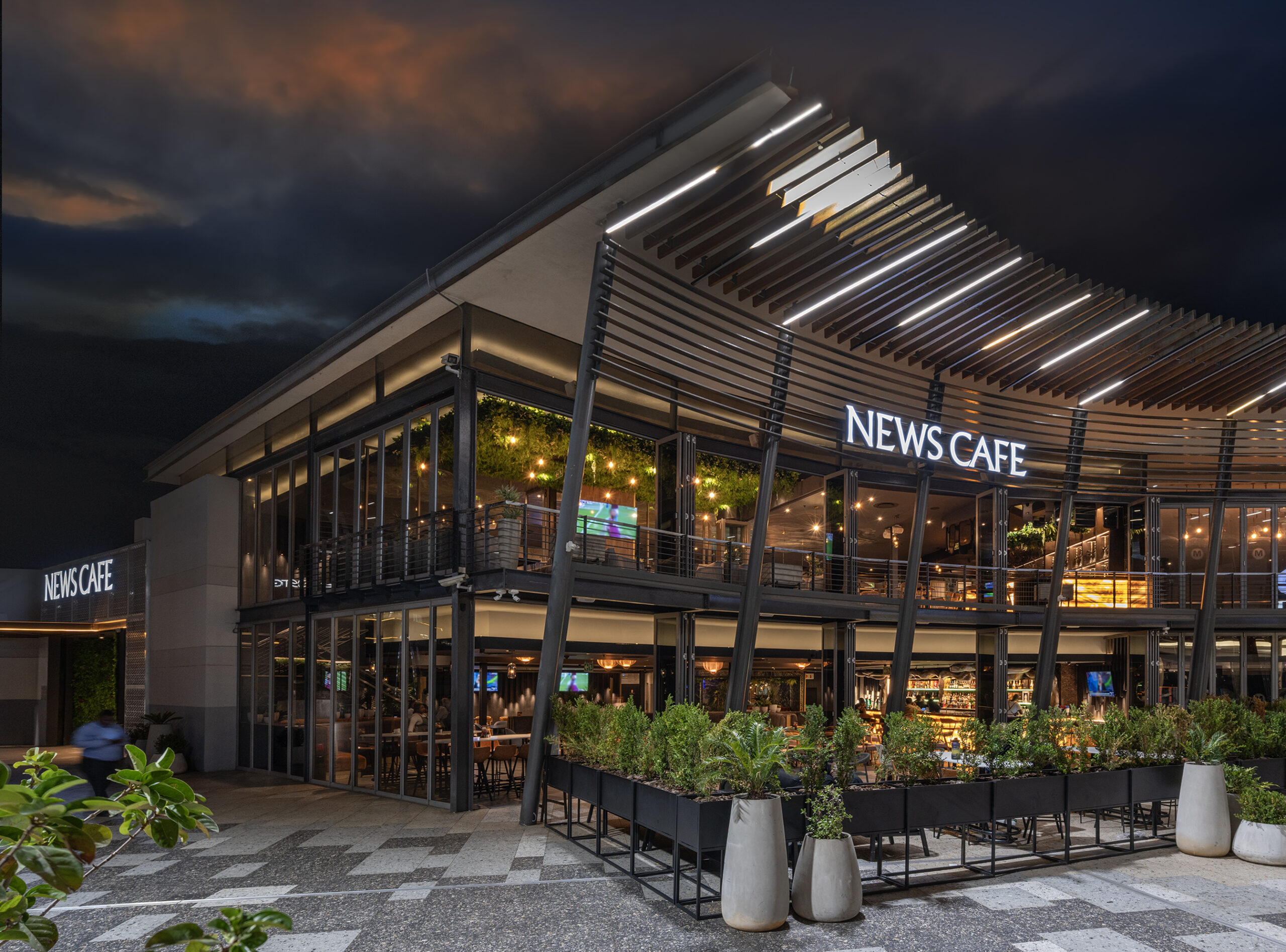
West Africa is a region where ancient legacies meet contemporary energy, where kingdoms echo through time and cities pulse with youthful dynamism. It is a place both grounded in history and ablaze with potential. From the age-old empires of Mali and Songhai to the modern metropolises of Lagos, Dakar, and Accra, West Africa represents a rich tapestry of culture, resilience, and innovation. On platforms like My Tech Spots News, which seeks to explore diverse global narratives through the lens of technology, culture, lifestyle, and history, West Africa deserves a prominent spotlight.
📜 Historical Footprints: Kingdoms and Empires
Long before colonial borders divided the African continent, West Africa was home to some of the most sophisticated civilizations the world has known. These included powerful empires such as Ghana (not to be confused with the modern state), Mali, Songhai, and the Benin Kingdom.
- The Empire of Mali (c. 1235–1600 CE), under rulers like Mansa Musa, was renowned for its wealth, scholarship, and Islamic influence. Mansa Musa, often cited as the richest man in history, famously undertook a pilgrimage to Mecca with so much gold that he caused inflation across North Africa.
- The Songhai Empire, succeeding Mali, established one of the largest Islamic empires in Africa’s history, with Timbuktu as a hub of learning and trade.
- The Benin Kingdom, located in what is now southern Nigeria, was known for its sophisticated governance, urban planning, and exquisite bronze artworks—many of which were later looted by European powers and are still held in museums across Europe today.
These ancient civilizations laid the foundation for West Africa’s cultural pride and continue to influence modern artistic, political, and philosophical thought.
⛓️ Colonial Shadows and the Path to Independence
While West Africa boasts a proud pre-colonial past, the colonial period left deep scars. Beginning in the late 19th century, European powers—primarily Britain, France, and Portugal—carved up the region, exploiting resources and reshaping societies.
Colonialism disrupted indigenous governance systems, imposed foreign education models, and extracted immense wealth from the region. The psychological, economic, and social impacts of this period remain evident today in lingering institutional structures, language divides, and economic disparities.
However, West Africa also led the charge for African independence. Ghana, under Kwame Nkrumah, became the first sub-Saharan African country to gain independence in 1957. This milestone inspired liberation movements across the continent, and by the 1970s, most of West Africa had cast off colonial rule.
Today, while the ghosts of colonialism remain, so too does a collective determination to reclaim narratives, identities, and futures on West African terms.
🌆 Modern Pulse: Urban Life and Cultural Renaissance
Step into any of West Africa’s major cities—Lagos, Abidjan, Accra, Dakar, or Bamako—and you will encounter a thrilling collision of history and futurism. These cities are alive with ambition, artistic energy, and youthful innovation.
- Lagos, Nigeria’s economic and cultural powerhouse, is home to Nollywood (Africa’s largest film industry), vibrant tech hubs like Yaba Valley, and an art scene that has gained international acclaim.
- Accra, Ghana’s capital, has become a hotspot for diasporic returnees looking to invest, innovate, and reconnect with heritage, particularly during initiatives like “The Year of Return.”
- Dakar, Senegal’s capital, blends French colonial architecture with dynamic music scenes like mbalax and an increasingly prominent fashion culture.
What links all these cities is the vibrant rhythm of life—markets buzzing with commerce, music pouring from every corner, and a strong sense of community in the face of rapid urbanization.
🎨 Art, Fashion, and Music: Global Influence
West African creativity has transcended borders, influencing global art, fashion, and music.
- Afrobeats, popularized by Nigerian artists like Burna Boy, Wizkid, and Davido, now dominates global charts and represents the sound of a confident, forward-looking Africa.
- Fashion designers from the region, such as Nigeria’s Lisa Folawiyo or Senegal’s Selly Raby Kan, have gained international recognition for blending traditional textiles with contemporary design.
- Contemporary artists, including El Anatsui (Ghana/Nigeria), Abdoulaye Konaté (Mali), and Kehinde Wiley (whose work often explores African identity), are redefining Africa’s artistic representation on the global stage.
These cultural exports challenge outdated stereotypes of Africa as a monolith of poverty and conflict. Instead, they present a more nuanced, vibrant picture of innovation, style, and pride.
💡 Technology and Innovation: The New Gold
Far from being a passive recipient of technology, West Africa is shaping digital trends and solutions for local and global problems.
- Nigeria’s Yaba tech hub is often called the “Silicon Valley of Africa,” home to startups that tackle everything from fintech (e.g., Paystack, Flutterwave) to edtech and agrotech.
- Ghana is experimenting with drones to deliver medical supplies, while Senegal is leading on e-governance and digital inclusion.
- Across the region, mobile money platforms have transformed how people access finance, allowing millions to bypass traditional banks.
The digital boom is not just about access—it’s about creating African-led tech solutions rooted in the realities of local communities. West Africa is proving that innovation doesn’t need to follow Western blueprints—it can invent new ones.
🌱 Challenges and Resilience
Despite its vibrancy, West Africa faces real challenges: political instability, inequality, climate vulnerability, and infrastructure gaps.
- Security issues in parts of the Sahel (notably Mali, Burkina Faso, and Niger) remain a concern due to terrorist activity and weak state presence.
- Youth unemployment remains high, even as the region boasts one of the world’s youngest populations.
- Climate change threatens livelihoods, particularly in agriculture, with desertification and erratic rainfall already affecting millions.
Yet, across the region, resilience is a defining trait. Civil society is active. Social media is a platform for organizing, storytelling, and advocacy. West African youth are not waiting for saviors—they are building their futures.
🌍 Diaspora Connections: The Bridge Between Worlds
The West African diaspora, rooted in both the voluntary and forced migrations of the past, is playing a powerful role in shaping the region’s narrative.
- Diasporic communities in the US, UK, and Europe are reinvesting, building brands, and returning home to launch businesses or reconnect with cultural roots.
- Movements like Afrofuturism and Afrocentric education are deeply influenced by West African cosmology, art, and resistance.
- Events like Ghana’s “Year of Return” and Senegal’s Dakar Biennale are forging new bridges between the continent and its global descendants.
This cultural reconnection is more than sentimental—it’s strategic, offering West Africa access to capital, ideas, and networks that help fuel its development.
🌐 The Role of Platforms Like My Tech Spots News
In this dynamic moment, platforms like My Tech Spots News serve a crucial role: to illuminate stories of innovation, culture, and progress in places often misunderstood or underrepresented.
West Africa isn’t just reacting to global shifts—it’s creating them. From its legendary past to its digital future, the region demands a new narrative—one of empowerment, creativity, and global impact.
Through coverage that spans fashion, technology, music, and lifestyle, My Tech Spots News captures the essence of what West Africa is becoming: a beacon of Afrocentric excellence and global relevance.
🧭 Conclusion: The Past Meets the Possible
“West Africa: Echoes of Empire and Vibrant Modern Life” isn’t just a poetic title. It is a reality lived every day across markets, tech hubs, artist studios, and music stages.
Here, empires haven’t vanished—they’ve evolved. The spirits of Sundiata, Mansa Musa, and the kings of Benin echo in the steps of coders, fashionistas, and cultural entrepreneurs shaping a future that honors the past while transcending it.
West Africa stands not just as a geographic region, but as a living archive of human resilience and creativity. And in 2025 and beyond, the world has much to learn from it.








